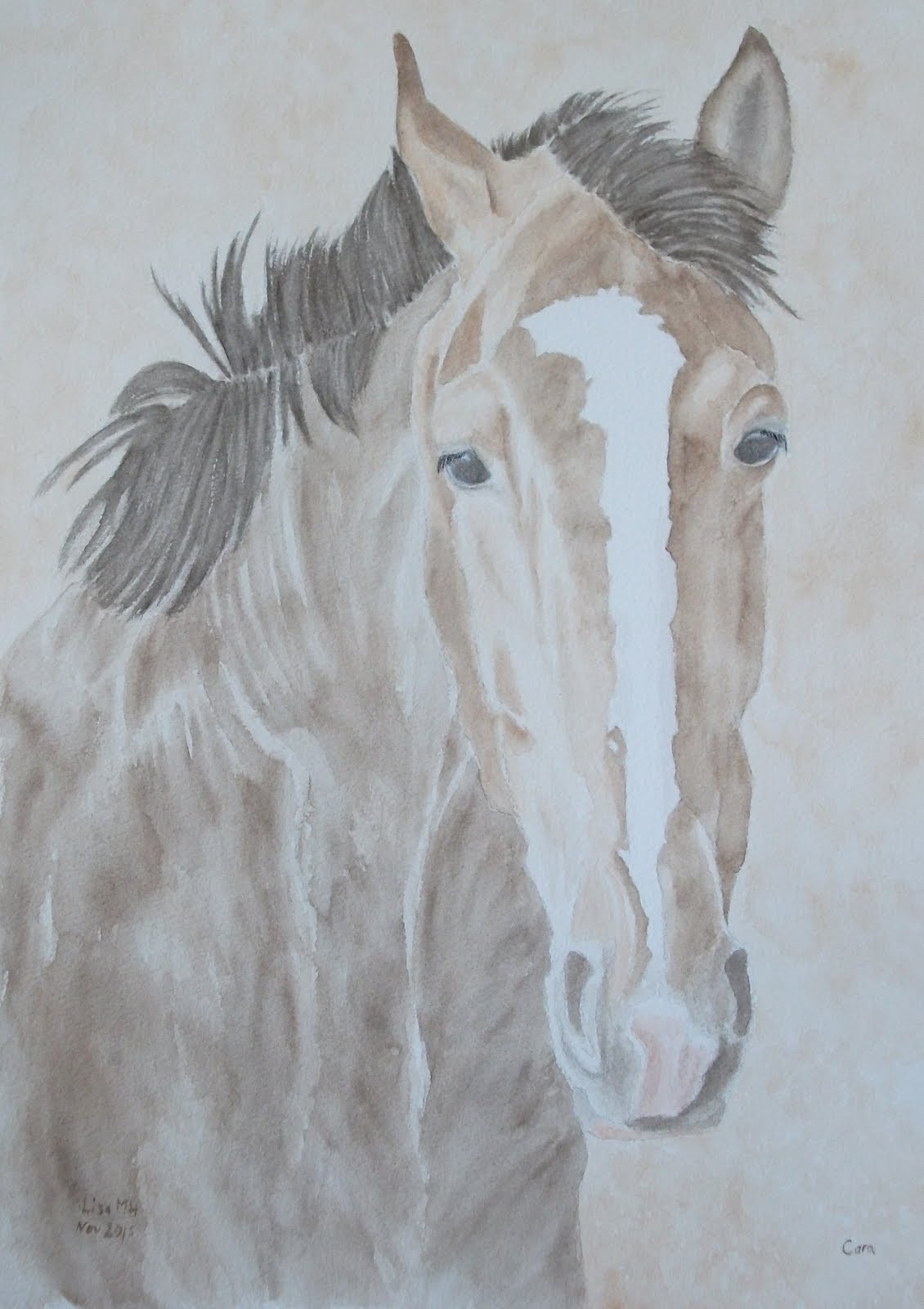"Imagination is more important than knowledge. Knowledge is limited. Imagination encircles the world." Albert Einstein
Do you ever wonder how we got by before someone decided that we needed them to tell us how to do everything? Or what we should think, feel, believe? How did we manage before the internet, television, cinema, radio, newspapers? Or before the advent of the ‘How To...’ books? Can you imagine Michelangelo being approached to write a book on how to paint ceilings, or sculpt marble? He could have made a fortune. ‘How To Paint Like Michelangelo, In Ten Easy Steps – with full colour illustrations’. Or ‘You Too Can Be A Poymath!’ by Leonardo Da Vinci.
Do you ever wonder how we got by before someone decided that we needed them to tell us how to do everything? Or what we should think, feel, believe? How did we manage before the internet, television, cinema, radio, newspapers? Or before the advent of the ‘How To...’ books? Can you imagine Michelangelo being approached to write a book on how to paint ceilings, or sculpt marble? He could have made a fortune. ‘How To Paint Like Michelangelo, In Ten Easy Steps – with full colour illustrations’. Or ‘You Too Can Be A Poymath!’ by Leonardo Da Vinci.
And
what on earth did we ever do without teachers, coaches, gurus? Schools, colleges, universities? Counsellors, therapists, psychiatrists? How did the cavemen and women manage without
someone to teach them how to speak?
Where did the first person/people to communicate get the idea to
try? Was there a stone instruction
tablet lying around that they just happened to stumble upon? Who told them how to kill animals to
eat? In fact, who told them what they
should eat? How did they manage without
a nutritionist to guide their food choices?
How did they manage without Tesco’s?
Or, God forbid, a high-speed blender!!
I’m
not saying that all teaching is ‘bad’, or that it’s not useful to know that you
can go and find out how to do something that you really don’t have a clue how
to do (like car maintenance), from someone for whom it is a natural ability –
that’s called sharing information. But,
of course, there’s the down side to all of this ‘sharing’. For one thing, it can make people (like me,
for example) believe that they have to have someone else to tell them how to do
stuff, and compound the idea that there is a ‘right’ way to do things,
therefore making them dependent on other people, rather than risk the
possibility of experimenting. It also
stops people from being individual and innovative, using their own minds,
thinking for themselves. Why would you
bother when someone’s already done it for you?
And
then there’s the fact that so much of this ‘sharing’ is actually about making
money. It’s not freely given. Sure, they might give you samples, but it’s
designed to hook you in, so that you’ll then want to buy the rest. It’s like someone has discovered that they
have something that other people want, which means they have to then continue
to fuel the belief that it’s something necessary that people need, that they
can’t get anywhere else, that they can’t provide for themselves. And I’m a sucker for that crap.
So
I wonder if Michelangelo, were he alive today, would have ever got round to
painting the Sistine Chapel, or whether he would never have bothered because of
the health and safety regulations he’d have read about? Or ‘cos he’d be too busy surfing the web,
reading about how to paint with watercolours/oils/acrylics like a ‘professional’
artist? And what is a ‘professional’
anything anyway, other than someone who’s figured out how to make money from
their gift or interest? Good thing God
wasn’t charging money when S/He decided to give us our gifts in the first
place. Or selling them on offer: 'Buy one, get one free.'
















